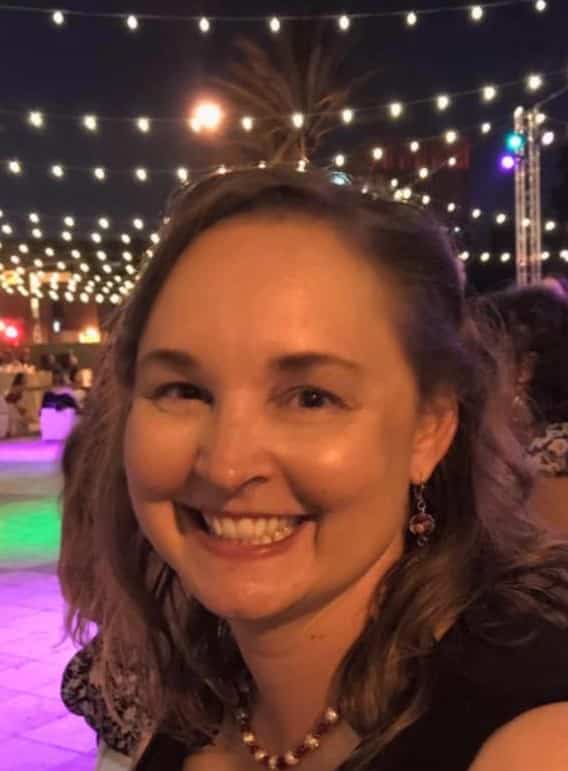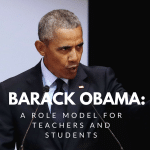The most recent 10 years of my 20-year career in education have been focused on eliminating the barriers that homelessness presents in education. When I meet with students and families, I address immediate needs, such as transportation to school and access to food, as those are pressing.
But I always ask one life-affirming question before we go: What dreams or goals do you have for your future? Then I offer any resource I know of to support whatever it is that they share.
Many of us who work in this slice of education have intentionally changed our language to say that we work with youth and families who are experiencing homelessness, not with homeless youth or homeless families. Their housing circumstance is not their identity, and the way we speak and write about it can reinforce that this is a moment, a situation that is not forever. I became a high school Language Arts teacher and taught in that capacity for 10 years because language shapes how we think about ourselves and the world we live in. I want to inspire students to imagine a better world—that starts at the individual level.
This summer, when I asked an 18-year-old senior in high school, who is living on her own, what her goals are after she graduates, she told me that she had wanted to be a nurse but she knows that it’s no longer possible. She cited how she can’t afford college and just needs to focus on the waitressing job she has. Just by asking the question, I indicated that even though I know she is couch surfing and low on necessities, her future matters. I said, aloud to her and the social worker who was with us, “I believe in your dreams. I believe that you can be a nurse.” The fantastic social worker backed this up and we both explained how she could get grants for college, and that her connection to us in high school allows us to verify her status as an independent student for the FAFSA. We explained the difference between grants and aid that must be paid back. We told her that she would fit in well with the nurses we know in our lives.
Of course, we also referred this young woman to local food resources, housing programs, and laundry facilities, because immediate needs are critical; but when we left, the corners on her mouth were turned up, probably not due to laundry help but because we believe in her and offered practical support to help her to reach the goal. She may remain in a job other than the one she had imagined for herself, but we cleaned off the window to let her see her future self, the one when she saw opportunity beyond her current struggles when she thought of her best self in the world and not just what needs to be done to get through a day. Maybe she will come back to us for similar reinforcement or encounter someone else who will support her dreams and clean off that window once more when it needs it.
Believe in their futures when you speak to them when you write comments on their work. Believe in their futures even when you also need to address poor behavior, absences, and academic concern: “I know that this F won’t be a problem when you write your first best-seller.” Believe in them implicitly and explicitly, with your phrasing, with where you place your focus, and how you leave an interaction. Wipe away the fog on the window to a better time, so they can see past the struggles that try to define them.


After 10 years of teaching high school Language Arts, Amy Bradley (M.A.) has spent the last seven years working with youth and families experiencing homelessness. She works with teachers, school social workers, other educators, and community members to address barriers that homelessness presents in accessing education. Her passion for language as a tool for social change is the cornerstone of her career. She lives in Central Ohio with her two kids, husband and fur babies.






This is a really good thought process when working with any student in difficult circumstances. I think sometimes we can fall into identifying kids by their circumstances and miss the person who is living through them and the hopes and dreams they have.
I’m glad that this can apply more broadly and be a helpful mindset in other circumstances.